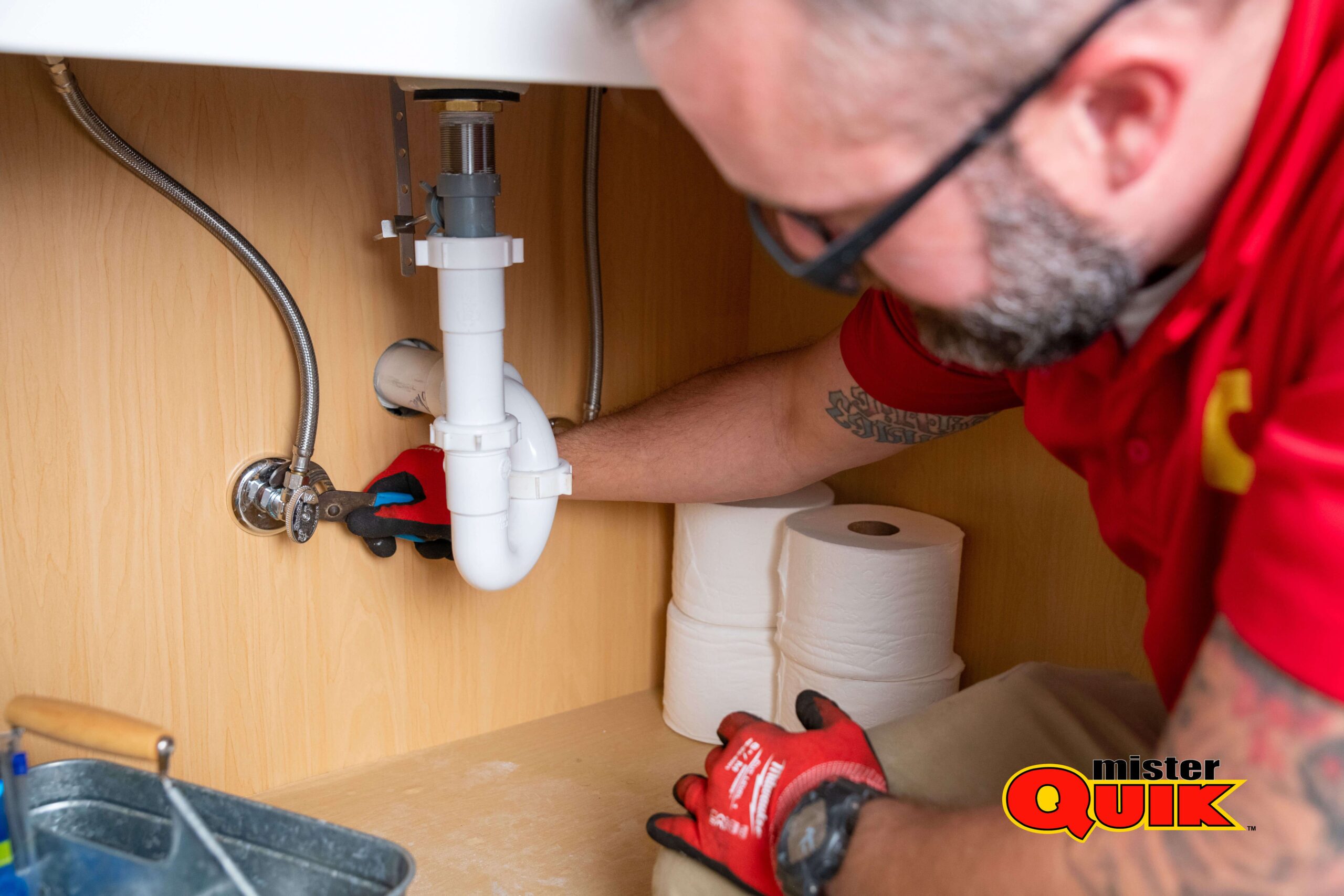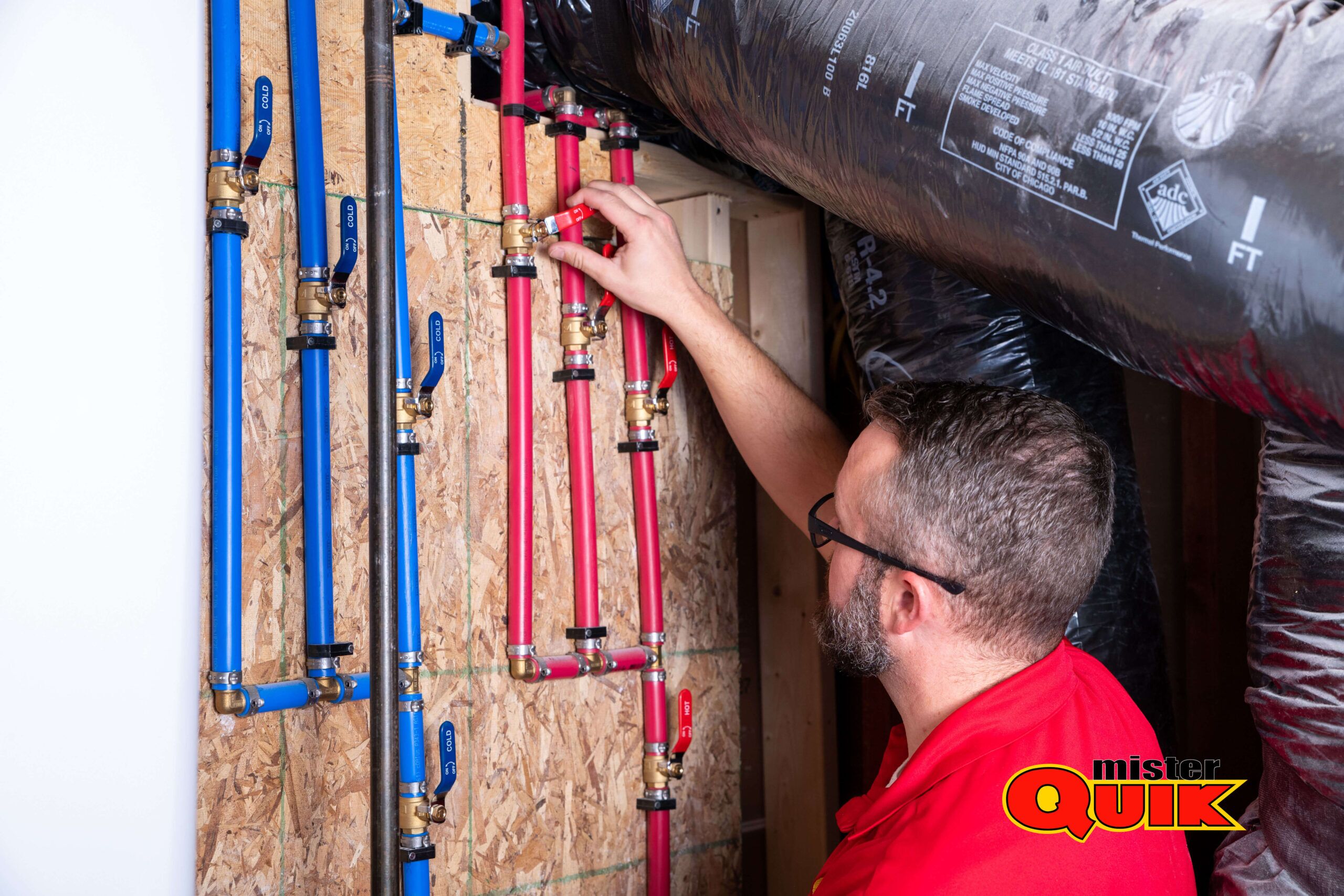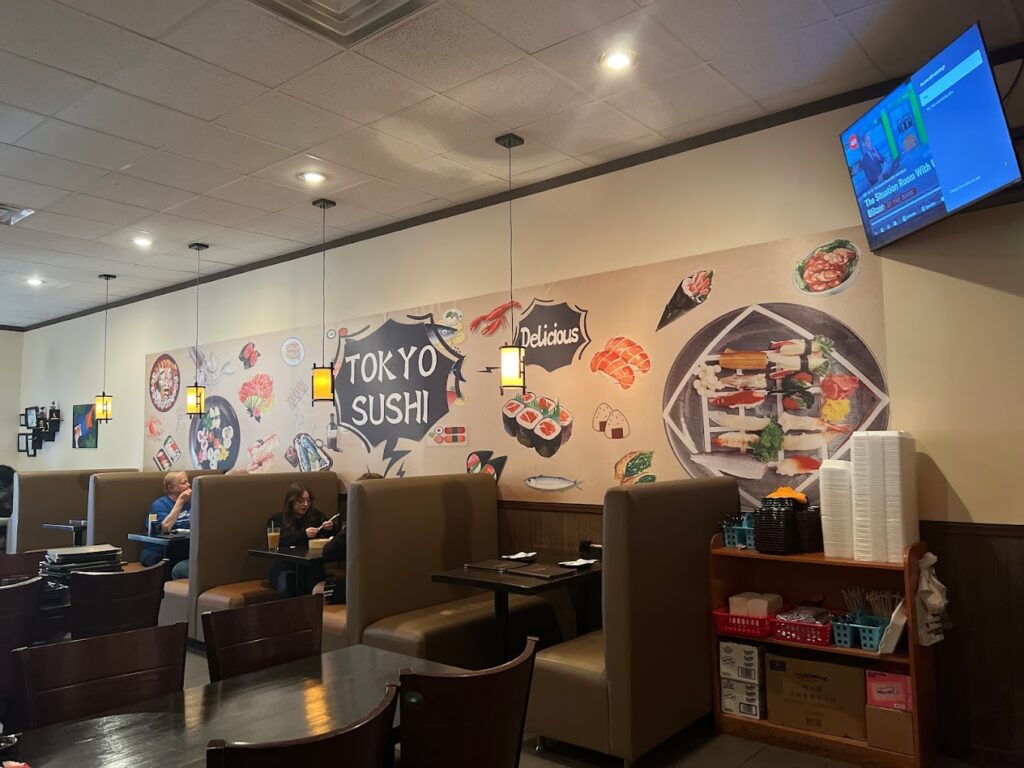Kokomo Water Line Replacement

Kokomo Water Line Replacement
Are you considering Kokomo Water Line Replacement? It’s a significant undertaking but crucial for maintaining a functional plumbing system. Here’s what you need to know:
- – Assessment: A professional plumber will conduct a thorough assessment to determine the extent of the damage and the best course of action.
- – Permits: Depending on local regulations, permits may be required before starting the Kokomo Water Line Replacement process to ensure compliance.
- – Excavation: In many cases, excavation is necessary to access and Kokomo Water Line Replacement, requiring careful planning and coordination.
- – Material Selection: Choose durable and high-quality materials for the Kokomo Water Line Replacement to ensure longevity and minimize future issues.
- – Pipe Installation: The new water line will be installed using industry-standard techniques and equipment to guarantee proper functioning.
- – Testing: After installation, rigorous testing is conducted to ensure the integrity and functionality of the new main water line.
- – Cleanup: Once the Kokomo Water Line Replacement is complete, the area is thoroughly cleaned and restored to its original condition.
- Are you considering a Kokomo Water Line Replacement? It’s a significant undertaking but crucial for maintaining a functional plumbing system. Here’s what you need to know:
- – Assessment: A professional plumber will conduct a thorough assessment to determine the extent of the damage and the best course of action.
- – Permits: Depending on local regulations, permits may be required before starting the Kokomo Water Line Replacement process to ensure compliance.
- – Excavation: In many cases, excavation is necessary to access and Kokomo Water Line Replacement, requiring careful planning and coordination.
- – Material Selection: Choose durable and high-quality materials for the Kokomo Water Line Replacement to ensure longevity and minimize future issues.
- – Pipe Installation: The new water line will be installed using industry-standard techniques and equipment to guarantee proper functioning.
- – Testing: After installation, rigorous testing is conducted to ensure the integrity and functionality of the new main water line.
- – Cleanup: Once the Kokomo Water Line Replacement is complete, the area is thoroughly cleaned and restored to its original condition.
In conclusion, Kokomo Water Line Replacement is a significant project that requires professional expertise and careful planning. Trust Mister Quik Home Services in Kokomo to handle your Kokomo Water Line Replacement needs with precision and reliability, ensuring a seamless process and peace of mind for your home’s plumbing system
Water Pipe Leak Repair
Dealing with a water pipe leak can be stressful, but knowing how to address it promptly can prevent further damage to your home. Water pipe leak repair involves several steps to identify, locate, and fix the leak efficiently. Here’s what you need to know:

Identifying a water pipe leak may require visual inspection, listening for the sound of running water, or using leak detection equipment.

Once a leak is suspected, pinpointing its exact location is crucial for effective repair. This may involve tracing damp spots, checking water meter readings, or using leak detection technology.

Before beginning any repair work, it’s essential to turn off the main water supply to prevent further leakage and water damage.

Evaluate the extent of the damage caused by the leak, including any structural damage, water damage to walls or flooring, and potential mold growth.
Commonly used materials for water line replacement include copper, PEX (cross-linked polyethylene), and HDPE (high-density polyethylene). Copper is durable and has a long lifespan but can be more expensive. PEX is flexible, corrosion-resistant, and cost-effective, while HDPE is known for its durability and resistance to corrosion and chemicals. Each material has its advantages and considerations, so consulting with a professional plumber and considering local building codes is essential to determine the most suitable material for a specific water line replacement project.
If the water line is aging, made of outdated materials prone to corrosion, or showing signs of deterioration, replacement may be advisable to prevent potential water damage, contamination, or major leaks. Additionally, if you’ve experienced recurrent issues with leaks, low water pressure, or discoloration, it could be an indication that the main water line needs attention. Consulting with a professional plumber to assess the condition of your main water line and discuss the potential benefits of replacement based on your specific circumstances is recommended for an informed decision.
A straightforward water line replacement may take a day or two, including excavation, removal of the old line, installation of the new line, and any necessary inspections. However, larger or more complex projects, such as those involving municipal water systems or extensive plumbing networks, may take longer and require careful planning to minimize disruptions. It’s advisable to consult with a professional plumber or contractor to get a more accurate estimate based on the specific details of the water line replacement project at hand.
Older pipes made of materials like galvanized steel or lead may require replacement more often due to corrosion or health concerns. Modern materials like copper or PVC tend to have longer lifespans and may need replacement less frequently. However, assessing the condition of water lines through regular inspections and addressing issues promptly is crucial. A proactive approach to maintenance, along with consideration of the specific circumstances, can help determine the appropriate replacement schedule for water lines, ensuring the delivery of safe and reliable water infrastructure.
Several factors could contribute to recurring breaks in your main water line. Common causes include ground shifting due to geological conditions, temperature fluctuations causing soil expansion and contraction, poor initial installation, corrosive soil conditions, tree root intrusion, or the aging of the pipes. Identifying the root cause often requires a thorough inspection by a professional plumber. Addressing the underlying issue, whether it’s replacing worn-out pipes, installing protective measures, or adjusting the installation, can help prevent future breaks and ensure the reliability of your main water line.
Water Main Replacement Cost
Water main replacement cost can vary based on several factors, and understanding these factors is essential for homeowners. Whether it’s due to aging infrastructure, leaks, or inadequate water flow, replacing a water main is a significant investment. Here’s a detailed breakdown to help you understand the various components influencing water main replacement cost:


- – Length and Depth: Longer and deeper water mains require more materials and labor, increasing overall costs.
- – Pipe Material: Different pipe materials like PVC, copper, or ductile iron have varying costs, with PVC generally being the most affordable.
- – Accessibility: Ease of access to the water main effects excavation and installation complexity, impacting overall expenses.
- – Soil Conditions: Challenging soil conditions, such as rocky or sandy terrain, may necessitate specialized equipment and techniques, adding to costs.
- – Permits and Regulations: Obtaining permits and complying with local regulations incur additional fees, contributing to the total replacement cost.
- – Labor Costs: Professional installation by licensed plumbers involves labor expenses, which can vary based on the complexity of the project and regional rates.
- – Restoration: Repairing landscaping, sidewalks, or driveways disturbed during excavation adds to the total cost of water main replacement.
- – Additional Factors: Unexpected challenges like encountering other utility lines or addressing tree roots may result in extra expenses.
- – Quality Assurance: Investing in quality materials and professional installation ensures longevity and reduces the risk of future repairs.
- – Long-Term Savings: While upfront costs may seem significant, replacing a deteriorating water main can prevent costly damage and save money in the long run.
In conclusion, understanding the factors influencing water main replacement cost empowers homeowners to make informed decisions. Trust Mister Quik Home Services in Kokomo to provide transparent pricing and expert water main replacement services tailored to your needs and budget.
Main Water Line Leak Repair Cost
When faced with a main water line leak, understanding the potential costs involved is crucial for homeowners. Several factors influence the cost of repair, ranging from the extent of the damage to the location and accessibility of the water line. Here’s a detailed breakdown of main water line leak repair costs:


The severity of the leak and the extent of damage to the water line are primary factors influencing repair costs. Minor leaks may only require patching or sealing, while major ruptures may necessitate replacement of sections of the water line.


The location of the leak along the main water line impacts repair costs. Leaks closer to the surface or easily accessible areas may be less expensive to repair compared to those located underground or beneath structures.



The material of the main water line affects repair costs. Common materials include PVC, copper, and galvanized steel, each with varying costs for repairs and replacement.



Accessibility to the water line greatly influences repair costs. If the line is buried underground or located within walls or concrete slabs, additional labor and equipment may be required for excavation and access, increasing overall expenses.
Replacing Main Water Line From Meter to House
If you’re considering replacing the main water line from the meter to your house, it’s essential to understand the process and its implications. This task involves replacing the underground pipe responsible for supplying water from the municipal water supply to your home. Here’s what you need to know about the main water line replacement:
1.Inspection:
The first step is a thorough inspection to assess the condition of the existing water line and identify any leaks, damage, or corrosion.
2.Permitting:
Before beginning the replacement, you may need to obtain permits from local authorities, as digging and construction may be involved.
3.Excavation:
Excavation equipment is used to dig trenches along the path of the existing water line, exposing the pipe for replacement.
4.Pipe Replacement:
The old water line is removed, and a new pipe, typically made of durable materials like copper, PVC, or PEX, is installed.
Re Pipe Specialist
Repipe specialists play a crucial role in replacing old, damaged, or deteriorating piping systems in homes. They possess the expertise and skills required to ensure efficient and effective repiping solutions. Here’s what you need to know about repipe specialists
Repipe specialists begin by conducting a thorough assessment of the existing piping system to identify issues such as leaks, corrosion, or low water pressure.
They help homeowners choose the most suitable piping materials for their needs, considering factors like budget, durability, and local building codes.
Specialists meticulously plan and execute the repiping process, which involves removing old pipes and installing new ones to improve the overall plumbing system.
pecialists meticulously plan and execute the repiping process, which involves removing old pipes and installing new ones to improve the overall plumbing system.
Your satisfaction is our top priority. We stand behind our workmanship and the quality of our repairs. If you're not completely satisfied with the results of our water heater repair service in Indianapolis, we'll do whatever it takes to make it right.
In conclusion, repipe specialists are essential for ensuring the integrity and efficiency of your home’s plumbing system. Trust Mister Quik Home Services in Kokomo to provide expert repiping solutions tailored to your specific needs, ensuring reliable plumbing for years to come.
All four guys were ‘gentlemen’ and well/skilled. Cleaned-up after themselves! Had ducts sealed and black light installed over condenser coils; expensive but done well.., always reliable. I have been a ‘preferred’ customer for 23 years and have only used Mr. Quick on HVAC... Read more
Marcus was our technician who came out and he was so friendly and professional. He made sure to provide us with all of the information was needed as far as the problem, solution, financing, etc. he even showed us pictures of what a water heater install looks like so we’d know... Read more
They came in on time to my warehouse to work on a tankless heater. Charged me just the flat rate for the job that they said they would be doing and nothing else. Justin was super friendly and professional. 10/10 highly recommend.
I had gotten a referral from Duke energy for this company for help in replacing my central air. From the initial call with the young lady on the phone to the young man Brandon Roe that came to do my assessment the same day I felt like I was listened to. Brandon took his time... Read more
We requested a free estimate for electrical work and James Schultz came out. He was very professional, friendly, knowledgeable and thorough. We appreciated his attention to detail and the solution he provided. Great first impressions of this company!
I was dealing with plugged drains for 3 days along with a plumber and septic service with no results. As soon as I called MrQuik, they arranged for someone to come out within an hour. Their Technician did a wonderful job and had everything cleared out right away. I highly... Read more
Issac and Christian were very helpful and informative when diagnosing the problem with our dining room light. They narrowed down the issue and took care of it. Both were very respectful and a pleasure to work with. Will be reaching and requesting them next time we need any... Read more
James C was amazing and his crew.. he made sure and cleaned up after all his work.. He went above and beyond.. He even greeted us every morning. He is one awesome and kind person to be around and made lots of funny jokes. He always had a smile on his face everyday. Thank you... Read more
Very pleased with their promptness and customer service. I’ve never had such good response and customer service from a plumbing company. They treated my plumbing issue with urgency and care. Highly recommend. I will use for all my future plumbing needs.
The HVAC team of Brad and Justin that was sent to my house today were fast, friendly and respectful. They arrived on time and didn't stop until the job was complete. They even greated out family dog. They were a pleasure to have in our (now thanks to these guys) warm house... Read more
So the technicians Joe Milano, and his partner Josh, had came earlier and fix the toilet. But an hour after they left it started messing up again. So I called back, and they came right back out here and worked on it even longer, and it's working good now. They went the Extra... Read more
I want to say James the manager and his crew are very professional and thorough when it comes to doing electrical work, I highly recommend those guys for a pay raise or some kind of recognition for their professionalism in the work they did. I can't express enough gratitude... Read more
What a great company! Fast, professional, courteous and a pleasure to work with. I’ve found my local business for plumbing electric and HVAC going forward. Was able to reach someone immediately when I called. From the time I called to the first visit was less than a day. It... Read more
Noah was great to work with and really helped us out when we needed something urgently. He kept us informed on what needed to be done, but would check with us first before doing any kind of work. The work was done quickly and would recommend to anyone!
I had the pleasure of having Mr Quick out my Home today for my yearly furnace check up. Brandon was here early and efficient and through with his inspection and his explanation of what he found. Was clear with his recommendations and quick to install the product that would... Read more
David Lawson came out to our home yesterday and he did a fantastic job explaining things and putting our mind at ease. Buying a furnace and AC is very stressful. David made sure we understood everything and explained every option available to us. Thank you for taking time out... Read more
We have contracted Mister Quik for work needed, a few times over the last year. For today’s job, Technicians Jacob and John were very patient and helpful in answering all my questions regarding the work repair / needed options. They also helped me with pricing. Strongly... Read more
We had our water heater replaced a few months ago and decided to sign up for the annual membership at that time. This covers hvac and water heater check ups for free and repairs at a discounted price. Even though we had our hvac replace by a separate company 2 years ago, they... Read more
Same day service for clogged kitchen drain. Gentleman that took my call was very nice & helpful. The 2 technicians that came were very clean, professional, & did a very good job. They also left everything spotless when they were done. Will definitely call them again!
Caleb Courtney was the electrician who came out today. And I'm glad he did! Had another electrician out who could not and did not solve the issue. Caleb diagnosed the problem and will return tomorrow to do work to solve it and improve house electrical for safety. He was... Read more
As a homeowner for over 20 years, I have used a number of different service providers - some outstanding and others downright awful. Mister Quik is probably among the top 3 that I have ever dealt with. My dryer reported that the vent duct was 80% clogged. I searched for dryer... Read more
I had a wonderful experience. I received same day service and everyone I spoke with had exceptional customer service. My technician Donnie was extremely knowledgeable and demonstrated incredible professionalism. He did an outstanding job and made certain to explain everything... Read more
Last night our A/C went out. After a hot night and even hotter day (78 inside) we called multiple companies waiting for a response on a Sunday. No one called back or responded. My husband finally called Mr. Quick. They were professional, didn’t charge us a service fee to come... Read more
Called Mr. Quik for what I originally thought would be a simple plumbing/sewer issue. It turned out to be far more expansive than I realized. My experience was largely great! Mr. Quik did all of my diagnostics free of cost. All in all I was told the project, once started... Read more
Troubleshoot Checklist:

- Conduct a thorough assessment to identify the issue with the water line.
- Determine the severity of the damage and the extent of repairs needed.

- Plan the excavation process carefully to access the water line efficiently.
- Coordinate installation procedures meticulously to minimize disruption and ensure proper functioning.

- Drain the water heater to remove sediment buildup at the bottom of the tank.
- Verify if any permits are required before proceeding with repairs or replacement.
- Ensure compliance with local regulations and obtain necessary permissions.

- Test the repaired or replaced water line rigorously to detect any leaks or issues.
- Conduct final inspections to verify compliance with building codes and regulations.

- Consider the type of materials suitable for the repair or replacement based on durability and compatibility.
- Choose high-quality maerials to ensure long-term reliability and performance.
















